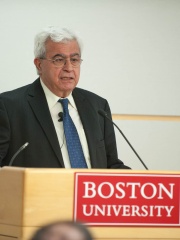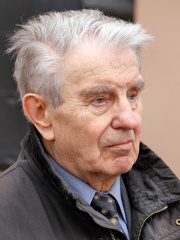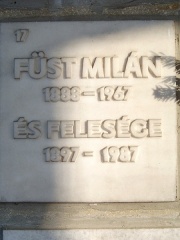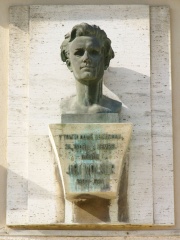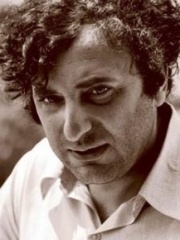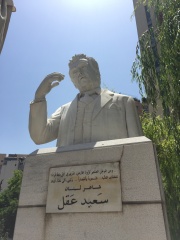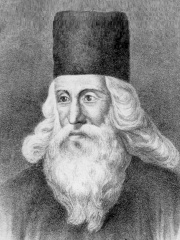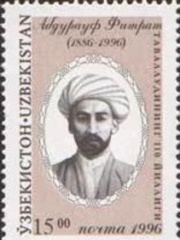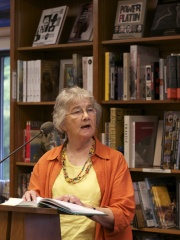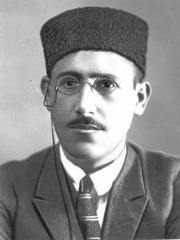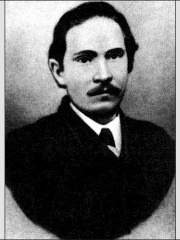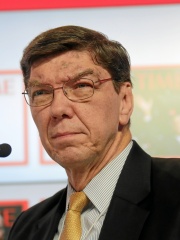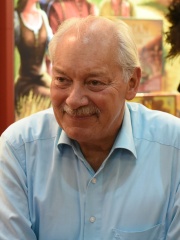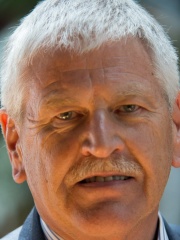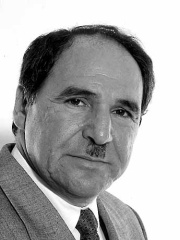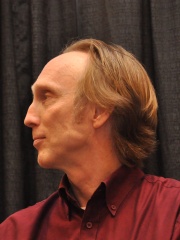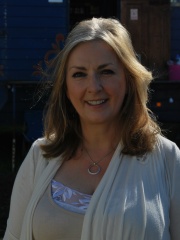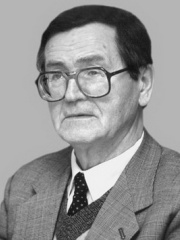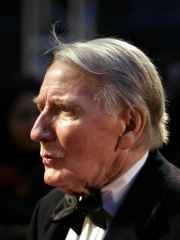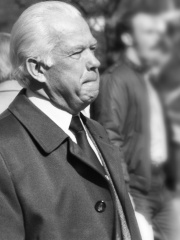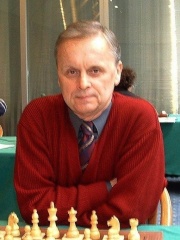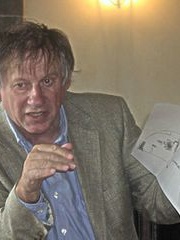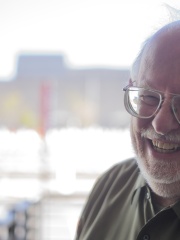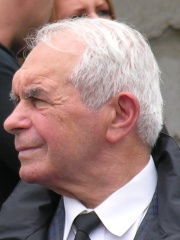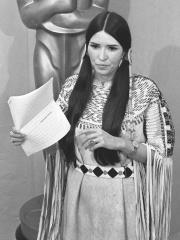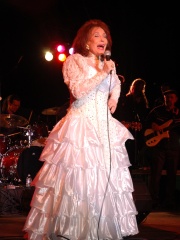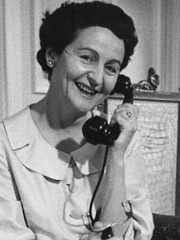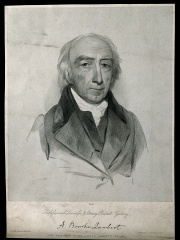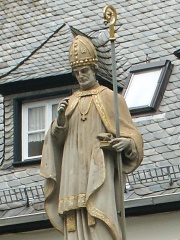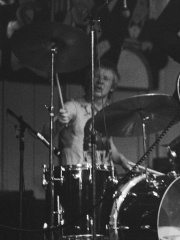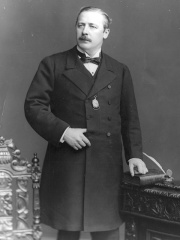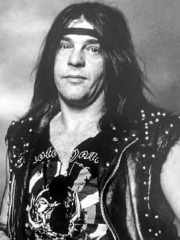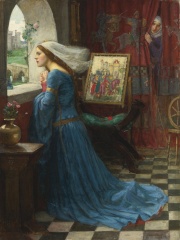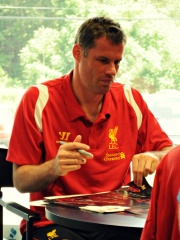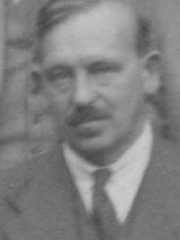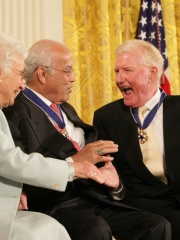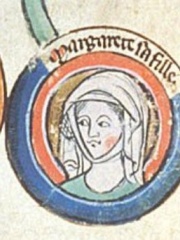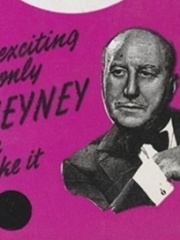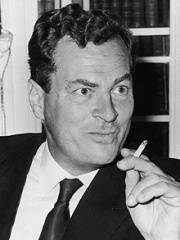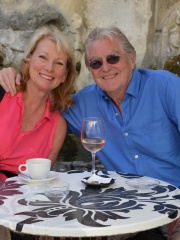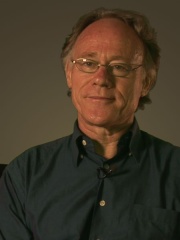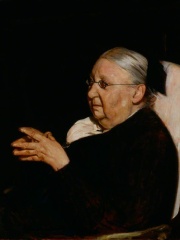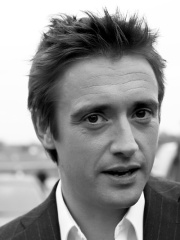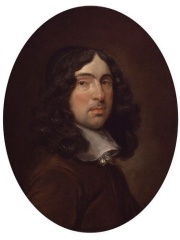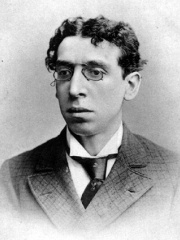WRITER
Hilary Mantel
1952 - 2022

 Hilary Mantel
Hilary Mantel
Dame Hilary Mary Mantel ( man-TEL; born Thompson; 6 July 1952 – 22 September 2022) was a British writer whose work includes historical fiction, personal memoirs and short stories. Her first published novel, Every Day Is Mother's Day, was released in 1985. She went on to write 12 novels, two collections of short stories, a memoir, and numerous articles and opinion pieces. Mantel won the Booker Prize twice: the first was for her 2009 novel Wolf Hall, a fictional account of Thomas Cromwell's rise to power in the court of Henry VIII, and the second was for its 2012 sequel Bring Up the Bodies. Read more on Wikipedia
Her biography is available in 48 different languages on Wikipedia (up from 47 in 2024). Hilary Mantel is the 3,836th most popular writer (down from 3,221st in 2024), the 3,028th most popular biography from United Kingdom (down from 2,338th in 2019) and the 345th most popular British Writer.
Memorability Metrics
Page views of Hilary Mantel by language
Among WRITERS
Among writers, Hilary Mantel ranks 3,836 out of 7,302. Before her are Elias Khoury, Justinas Marcinkevičius, Milán Füst, Jiří Wolker, Juan José Saer, and Said Akl. After her are Sulkhan-Saba Orbeliani, Abdurauf Fitrat, Katherine Paterson, Huseyn Javid, Pyotr Tkachev, and Delia Owens.
Most Popular Writers in Wikipedia
Go to all RankingsElias Khoury
1948 - 2024
HPI: 58.43
Rank: 3,830
Justinas Marcinkevičius
1930 - 2011
HPI: 58.43
Rank: 3,831
Milán Füst
1888 - 1967
HPI: 58.43
Rank: 3,832
Jiří Wolker
1900 - 1924
HPI: 58.43
Rank: 3,833
Juan José Saer
1937 - 2005
HPI: 58.43
Rank: 3,834
Said Akl
1911 - 2014
HPI: 58.43
Rank: 3,835
Hilary Mantel
1952 - 2022
HPI: 58.43
Rank: 3,836
Sulkhan-Saba Orbeliani
1658 - 1725
HPI: 58.43
Rank: 3,837
Abdurauf Fitrat
1885 - 1938
HPI: 58.43
Rank: 3,838
Katherine Paterson
1932 - Present
HPI: 58.42
Rank: 3,839
Huseyn Javid
1882 - 1941
HPI: 58.42
Rank: 3,840
Pyotr Tkachev
1844 - 1886
HPI: 58.42
Rank: 3,841
Delia Owens
1949 - Present
HPI: 58.42
Rank: 3,842
Contemporaries
Among people born in 1952, Hilary Mantel ranks 277. Before her are Clayton Christensen, Bora Đorđević, Dumitru Prunariu, Klaus Teuber, Udo Voigt, and Abdalá Bucaram. After her are Henry Selick, Miyuki Nakajima, Johanna Klier, Moya Brennan, Chiaki Mukai, and Valeri Tokarev. Among people deceased in 2022, Hilary Mantel ranks 280. Before her are Ivan Dziuba, Leslie Phillips, Manuel Ojeda, Karl Vaino, Mišo Cebalo, and Christopher Alexander. After her are Vittorio Adorni, Greg Bear, Máté Fenyvesi, Yoko Shimada, Sacheen Littlefeather, and Loretta Lynn.
Others Born in 1952
Go to all RankingsClayton Christensen
BUSINESSPERSON
1952 - 2020
HPI: 58.52
Rank: 271
Bora Đorđević
SINGER
1952 - 2024
HPI: 58.51
Rank: 272
Dumitru Prunariu
ASTRONAUT
1952 - Present
HPI: 58.49
Rank: 273
Klaus Teuber
GAME DESIGNER
1952 - 2023
HPI: 58.45
Rank: 274
Udo Voigt
POLITICIAN
1952 - 2025
HPI: 58.43
Rank: 275
Abdalá Bucaram
POLITICIAN
1952 - Present
HPI: 58.43
Rank: 276
Hilary Mantel
WRITER
1952 - 2022
HPI: 58.43
Rank: 277
Henry Selick
FILM DIRECTOR
1952 - Present
HPI: 58.40
Rank: 278
Miyuki Nakajima
SINGER
1952 - Present
HPI: 58.39
Rank: 279
Johanna Klier
ATHLETE
1952 - Present
HPI: 58.35
Rank: 280
Moya Brennan
MUSICIAN
1952 - Present
HPI: 58.33
Rank: 281
Chiaki Mukai
ASTRONAUT
1952 - Present
HPI: 58.25
Rank: 282
Valeri Tokarev
ASTRONAUT
1952 - Present
HPI: 58.24
Rank: 283
Others Deceased in 2022
Go to all RankingsIvan Dziuba
POLITICIAN
1931 - 2022
HPI: 58.50
Rank: 274
Leslie Phillips
ACTOR
1924 - 2022
HPI: 58.48
Rank: 275
Manuel Ojeda
ACTOR
1940 - 2022
HPI: 58.46
Rank: 276
Karl Vaino
POLITICIAN
1923 - 2022
HPI: 58.45
Rank: 277
Mišo Cebalo
CHESS PLAYER
1945 - 2022
HPI: 58.44
Rank: 278
Christopher Alexander
ARCHITECT
1936 - 2022
HPI: 58.44
Rank: 279
Hilary Mantel
WRITER
1952 - 2022
HPI: 58.43
Rank: 280
Vittorio Adorni
CYCLIST
1937 - 2022
HPI: 58.41
Rank: 281
Greg Bear
WRITER
1951 - 2022
HPI: 58.38
Rank: 282
Máté Fenyvesi
SOCCER PLAYER
1933 - 2022
HPI: 58.37
Rank: 283
Yoko Shimada
ACTOR
1953 - 2022
HPI: 58.34
Rank: 284
Sacheen Littlefeather
ACTOR
1946 - 2022
HPI: 58.31
Rank: 285
Loretta Lynn
SINGER
1932 - 2022
HPI: 58.23
Rank: 286
In United Kingdom
Among people born in United Kingdom, Hilary Mantel ranks 3,029 out of 8,785. Before her are Nancy Mitford (1904), Aylmer Bourke Lambert (1761), Joseph Aspdin (1778), Lullus (710), Paul Cook (1956), and Evelyn Baring, 1st Earl of Cromer (1841). After her are Würzel (1949), Rosamund Clifford (1150), Jamie Carragher (1978), Ralph H. Fowler (1889), Paul Johnson (1928), and Margaret of England (1240).
Others born in United Kingdom
Go to all RankingsNancy Mitford
WRITER
1904 - 1973
HPI: 58.45
Rank: 3,023
Aylmer Bourke Lambert
BIOLOGIST
1761 - 1842
HPI: 58.44
Rank: 3,024
Joseph Aspdin
INVENTOR
1778 - 1855
HPI: 58.44
Rank: 3,025
Lullus
RELIGIOUS FIGURE
710 - 786
HPI: 58.43
Rank: 3,026
Paul Cook
SOCCER PLAYER
1956 - Present
HPI: 58.43
Rank: 3,027
Evelyn Baring, 1st Earl of Cromer
POLITICIAN
1841 - 1917
HPI: 58.43
Rank: 3,028
Hilary Mantel
WRITER
1952 - 2022
HPI: 58.43
Rank: 3,029
Würzel
MUSICIAN
1949 - 2011
HPI: 58.43
Rank: 3,030
Rosamund Clifford
POLITICIAN
1150 - 1176
HPI: 58.42
Rank: 3,031
Jamie Carragher
SOCCER PLAYER
1978 - Present
HPI: 58.41
Rank: 3,032
Ralph H. Fowler
PHYSICIST
1889 - 1944
HPI: 58.41
Rank: 3,033
Paul Johnson
WRITER
1928 - 2023
HPI: 58.40
Rank: 3,034
Margaret of England
POLITICIAN
1240 - 1275
HPI: 58.40
Rank: 3,035
Among WRITERS In United Kingdom
Among writers born in United Kingdom, Hilary Mantel ranks 345. Before her are Barbara Ward, Baroness Jackson of Lodsworth (1914), Peter Cheyney (1896), John Ford (1586), Patrick Leigh Fermor (1915), Peter Mayle (1939), and Nancy Mitford (1904). After her are Paul Johnson (1928), Graham Hancock (1950), Gertrude Jekyll (1843), Richard Hammond (1969), Andrew Marvell (1621), and Israel Zangwill (1864).
Barbara Ward, Baroness Jackson of Lodsworth
1914 - 1981
HPI: 58.61
Rank: 339
Peter Cheyney
1896 - 1951
HPI: 58.60
Rank: 340
John Ford
1586 - 1639
HPI: 58.58
Rank: 341
Patrick Leigh Fermor
1915 - 2011
HPI: 58.54
Rank: 342
Peter Mayle
1939 - 2018
HPI: 58.52
Rank: 343
Nancy Mitford
1904 - 1973
HPI: 58.45
Rank: 344
Hilary Mantel
1952 - 2022
HPI: 58.43
Rank: 345
Paul Johnson
1928 - 2023
HPI: 58.40
Rank: 346
Graham Hancock
1950 - Present
HPI: 58.34
Rank: 347
Gertrude Jekyll
1843 - 1932
HPI: 58.27
Rank: 348
Richard Hammond
1969 - Present
HPI: 58.18
Rank: 349
Andrew Marvell
1621 - 1678
HPI: 58.16
Rank: 350
Israel Zangwill
1864 - 1926
HPI: 58.14
Rank: 351
